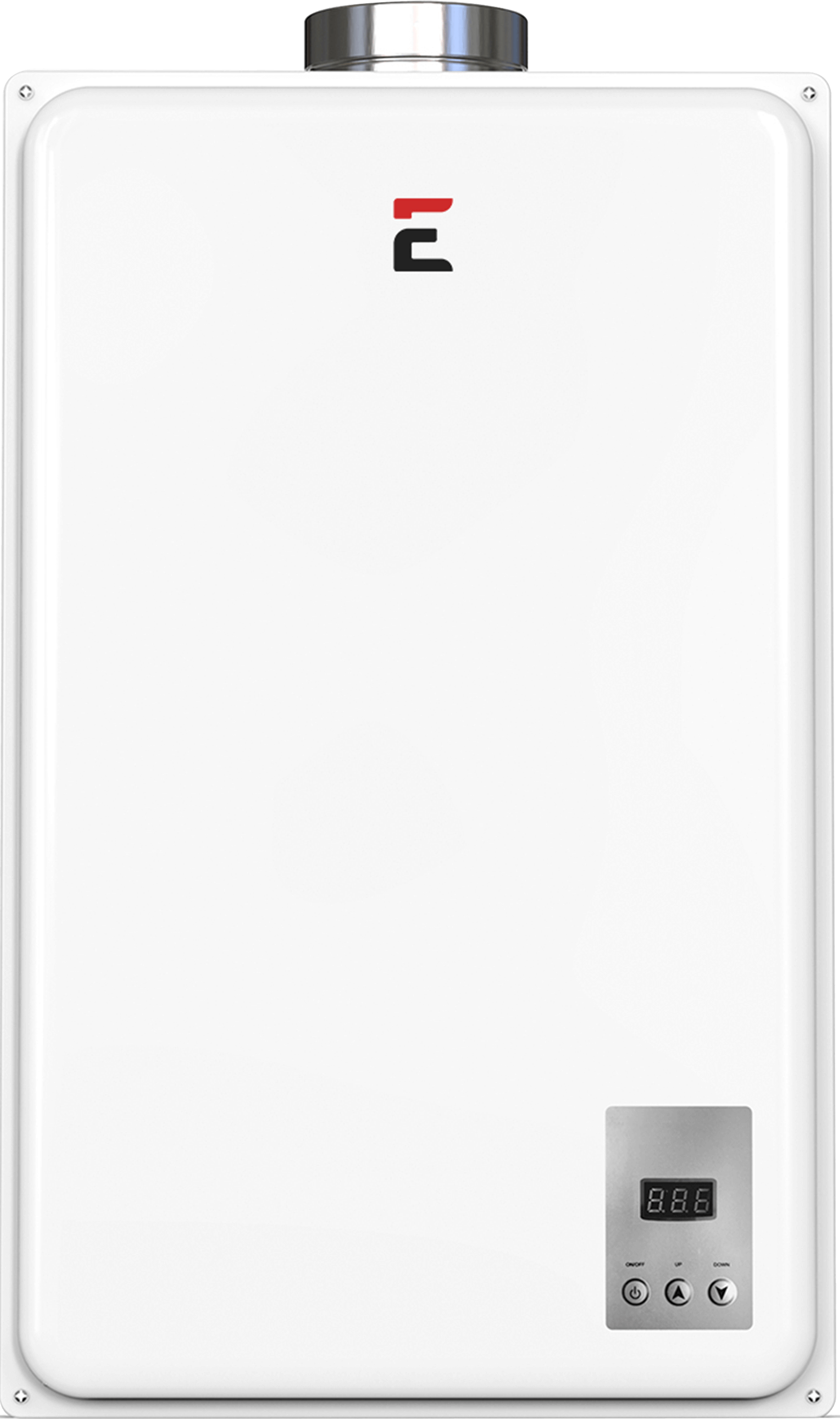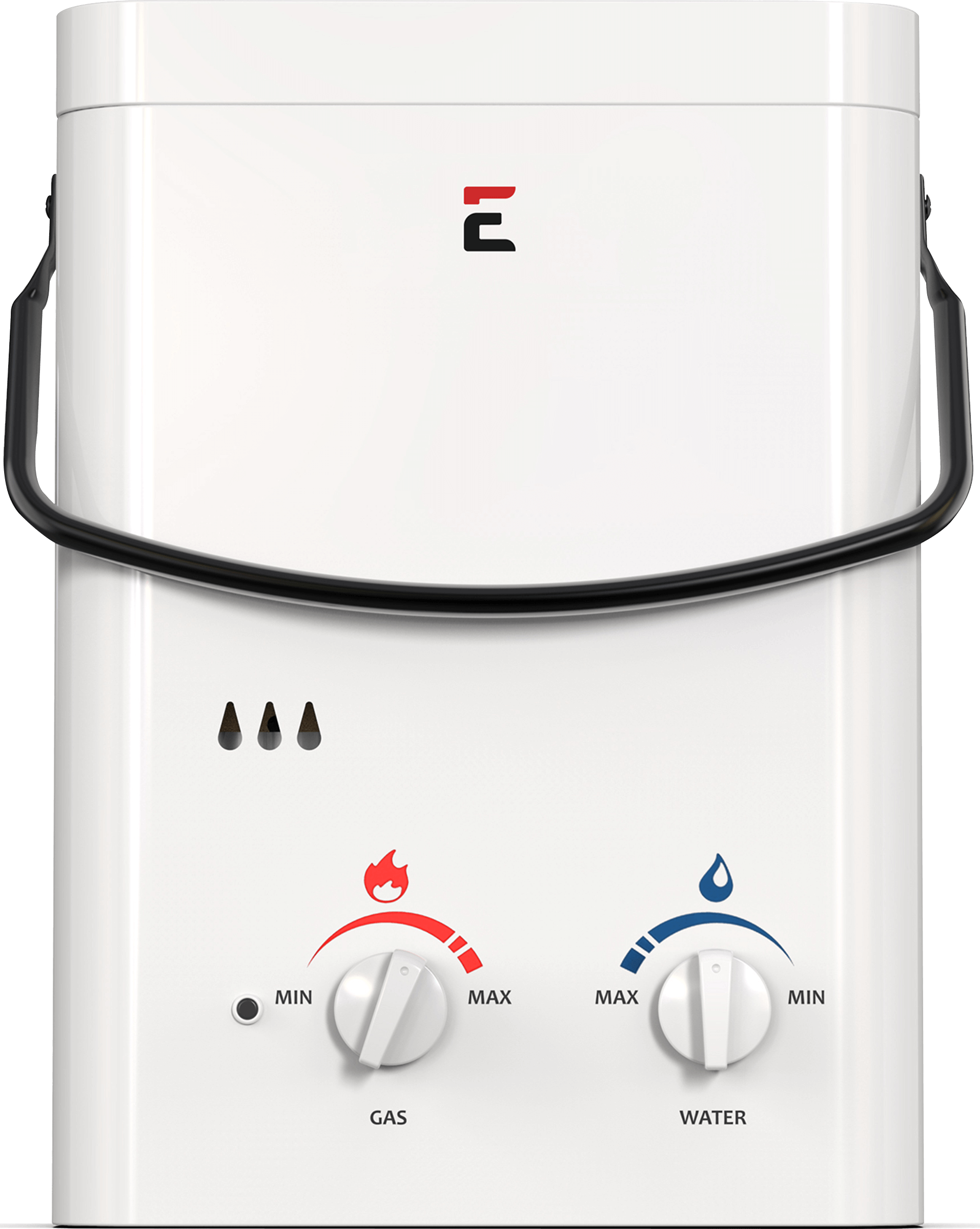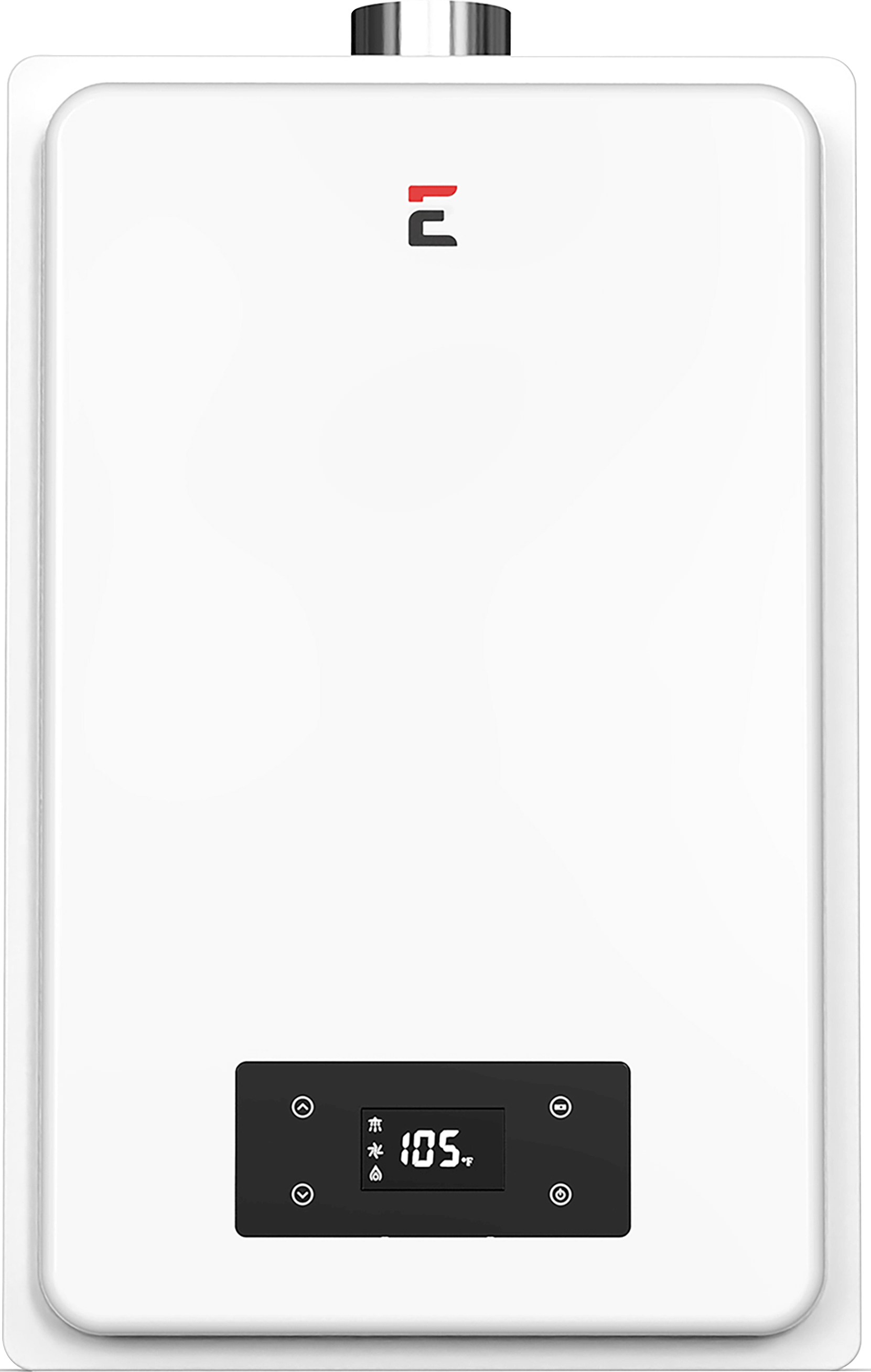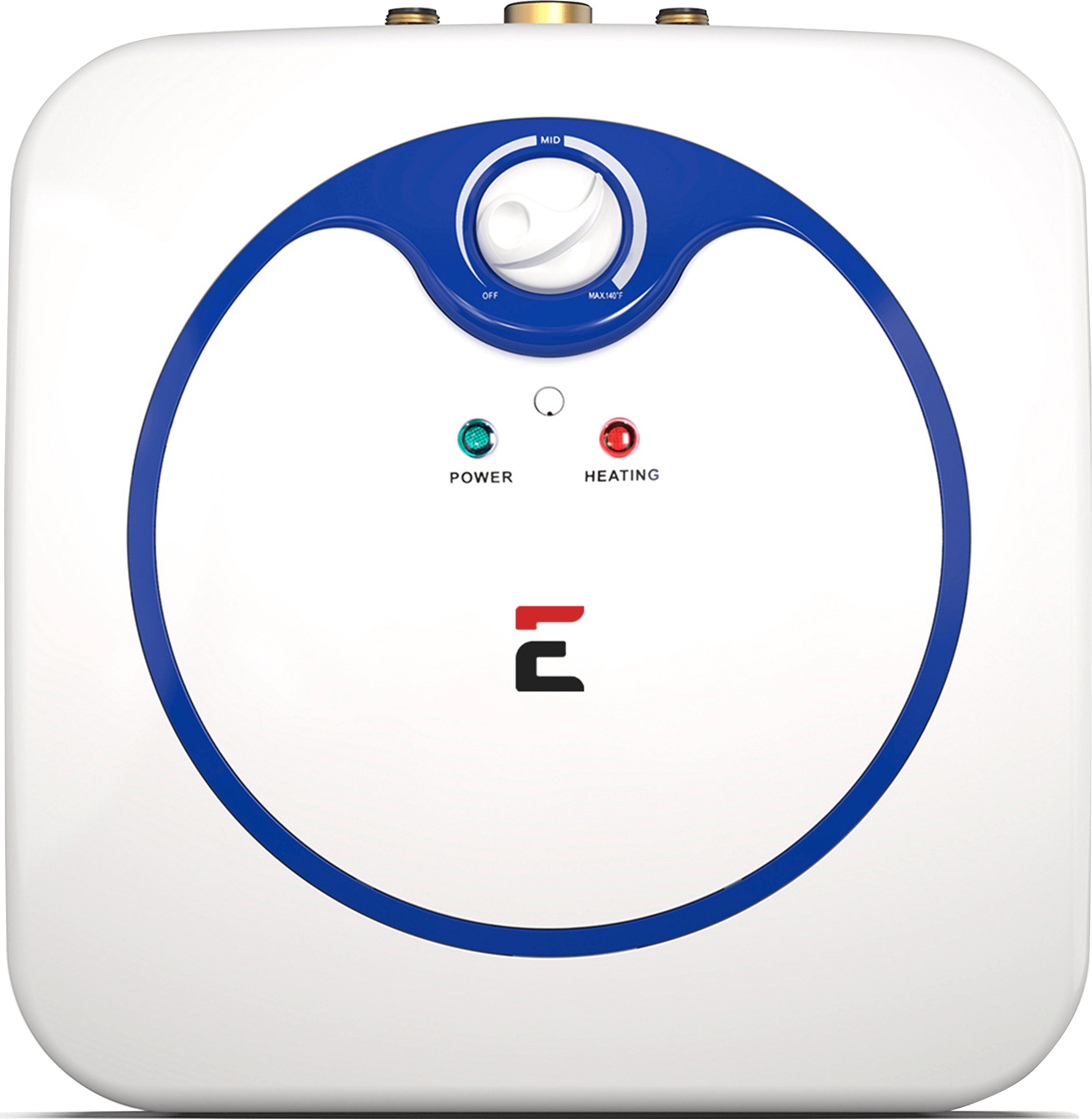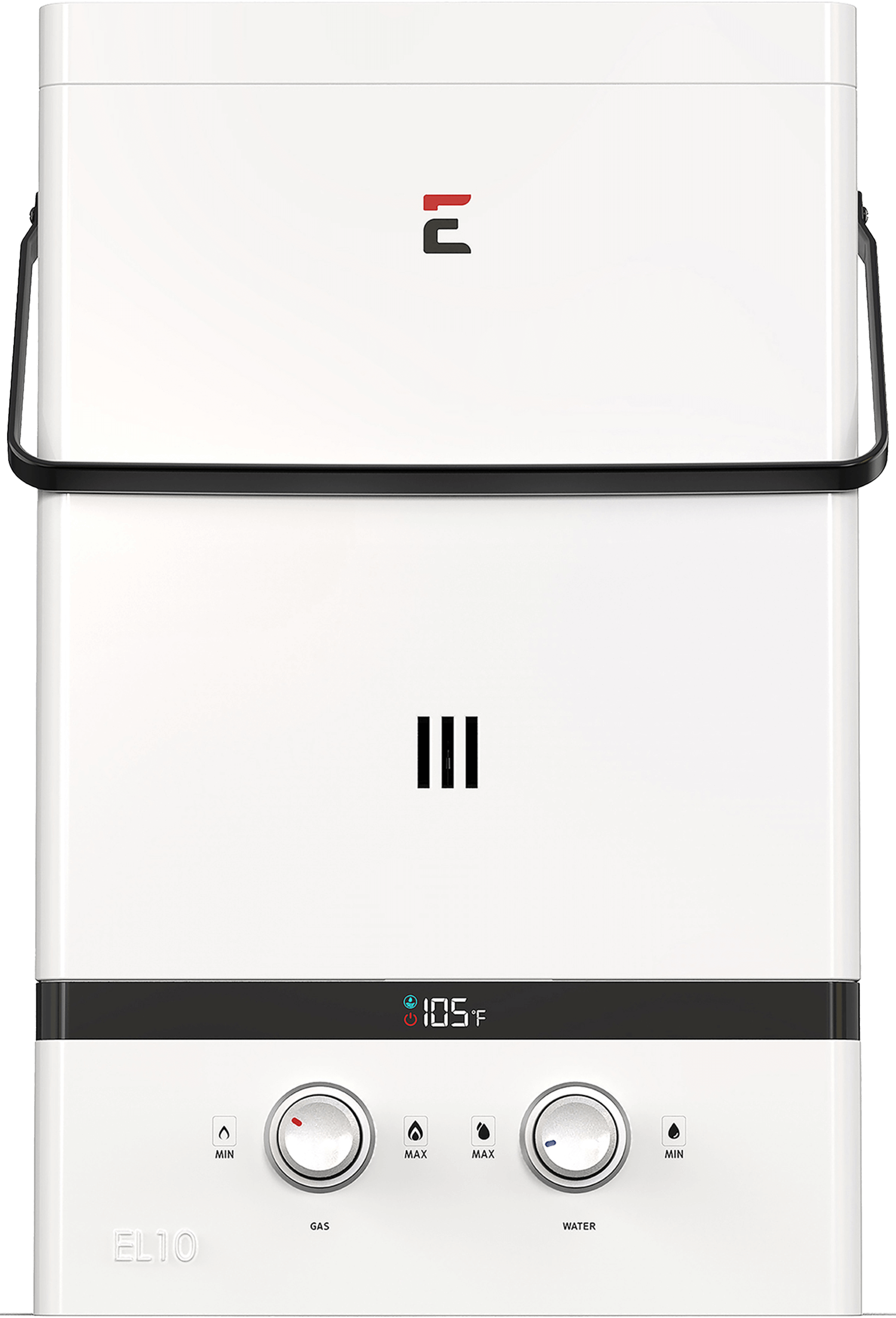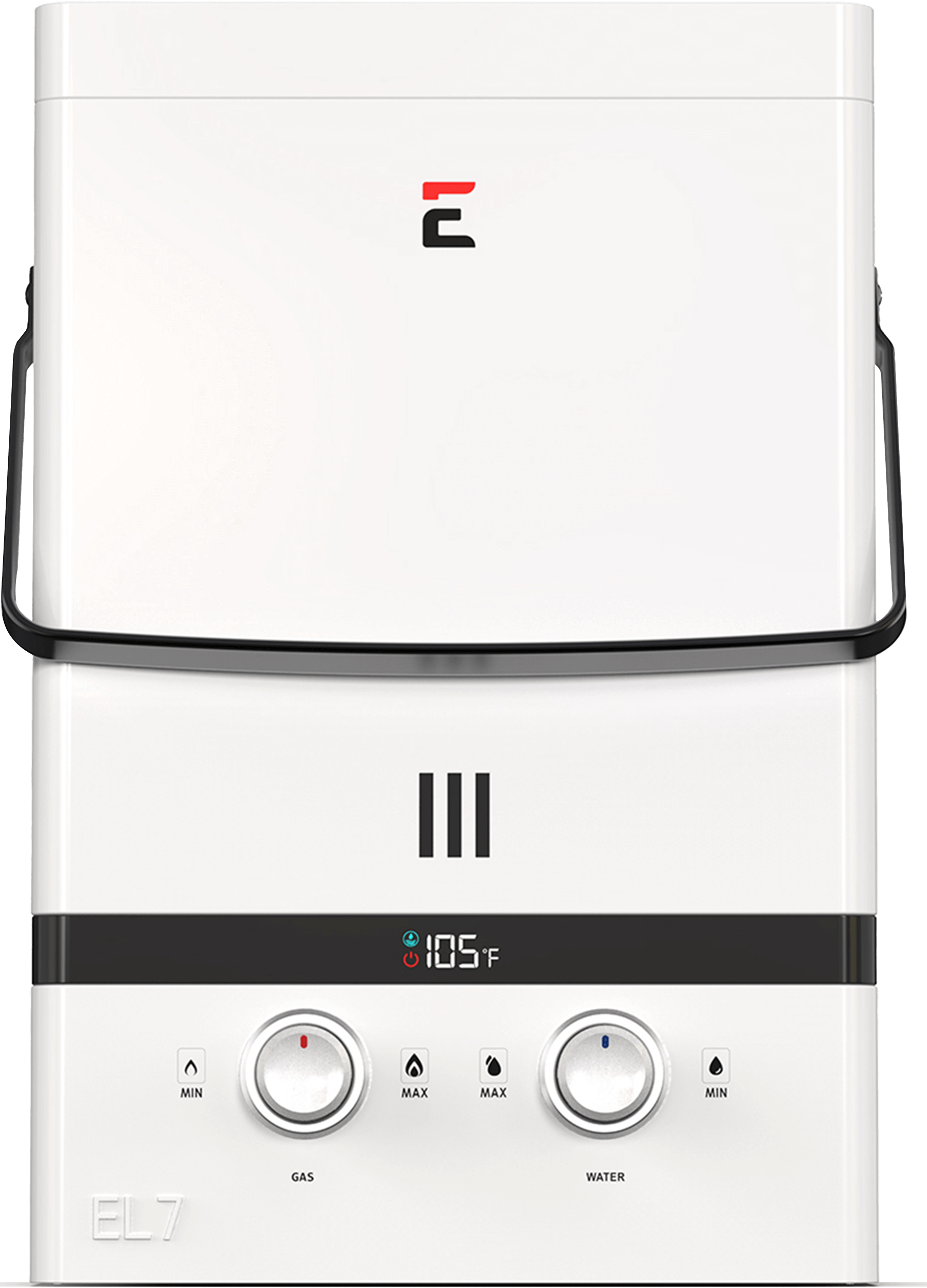Why Should You Go Tankless?
Tankless water heaters are some of the newest and most efficient water heaters on the market today. Many people have since made the transition from their tank water heater to tankless. Let's take a look at some main reasons on why so many home owners have gone to tankless:
*Energy Efficiency:
Did you know, that the average household spends between $400-$600 per year heating their water for home usage? Tankless water heaters may cost more than a traditional tank model, but be sure to take into account that the long term savings overall could provide value to your home. One of the greatest advantages includes reducing stand-by costs, or the costs associated with a tank sitting idle while no one is using it. Tankless, or “on-demand” water heaters warm up water immediately, but only as it is needed.
* Saves Money on Your Energy Bills
Unlike conventional storage-tank water heaters, tankless water heaters only provide hot water when it is needed. Due to this more efficient design, a tankless water heater can reduce your energy bill by up to 40%.
* Save Space in Your Home
Going tankless can increase storage options and free up space for other necessities in your home. Traditional water heaters holding 40-60 gallons are generally around five feet tall and two feet wide and in some cases, take up as much as 16 square feet of floor space. A tankless water heater can be installed on almost any wall on the inside or the outside of your home, depending on which model you choose.
* Enjoy Unlimited Hot Water
Tankless water heaters do not store water and re-heat it, as your average storage tank water heater would. Instead, a tankless water heater will heat the water only as it is being used. This means you can use hot water with several appliances without having to worry about running out.
* Longer lifespan
The lifespan of a tankless water heater is up to 30 years. This is the longest lifespan of any available water-heating option for your home, including storage tanks, heat pumps, and solar powered heaters. This lifespan can be extended even further by repairing parts instead of replacing the entire unit, which is not an option with traditional water heaters.
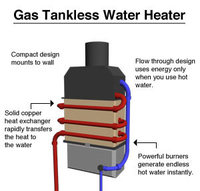

 Weekly Deals
Weekly Deals
 Water Heaters
Water Heaters
 Accessories
Accessories
 Installation
Installation
 Parts
Parts
 Protection Plans
Protection Plans
 Final Sale
Final Sale














